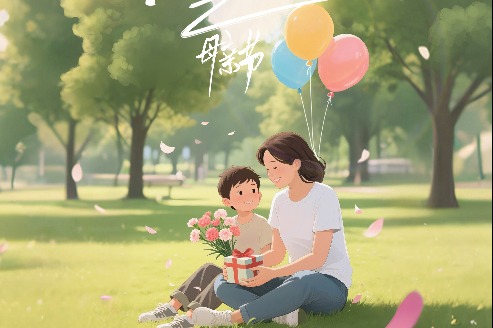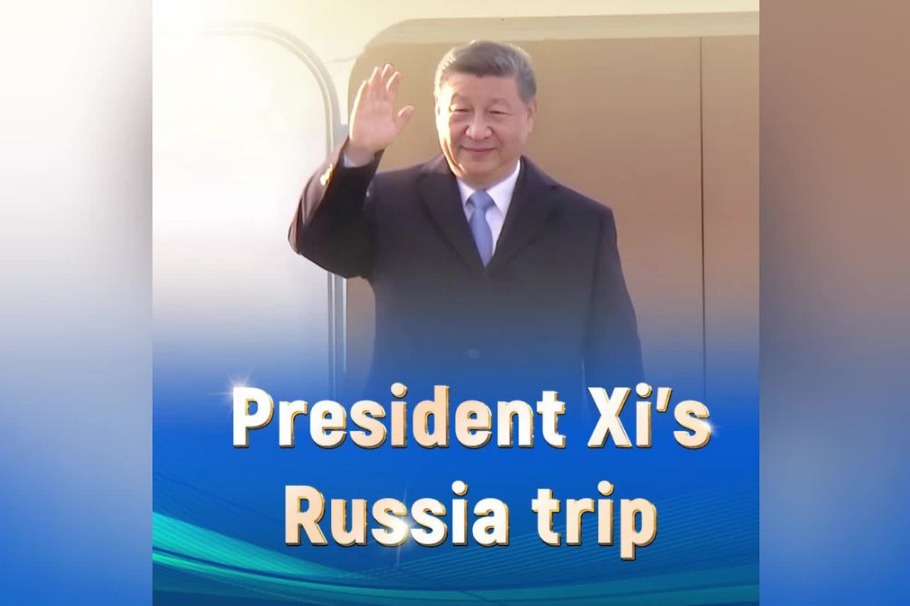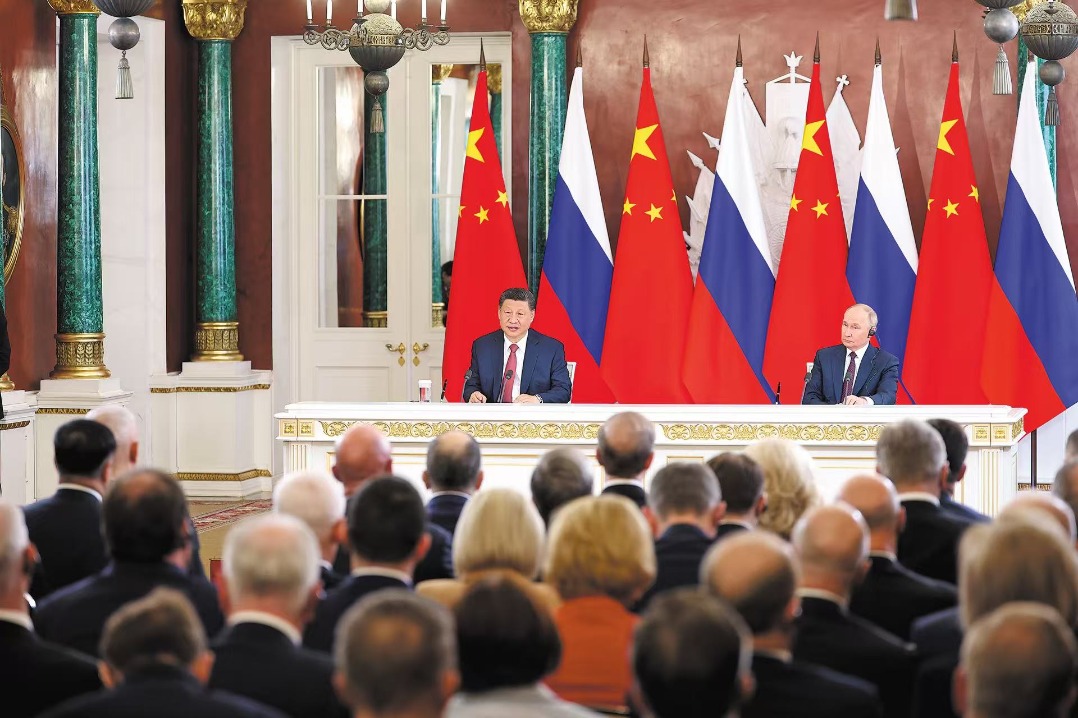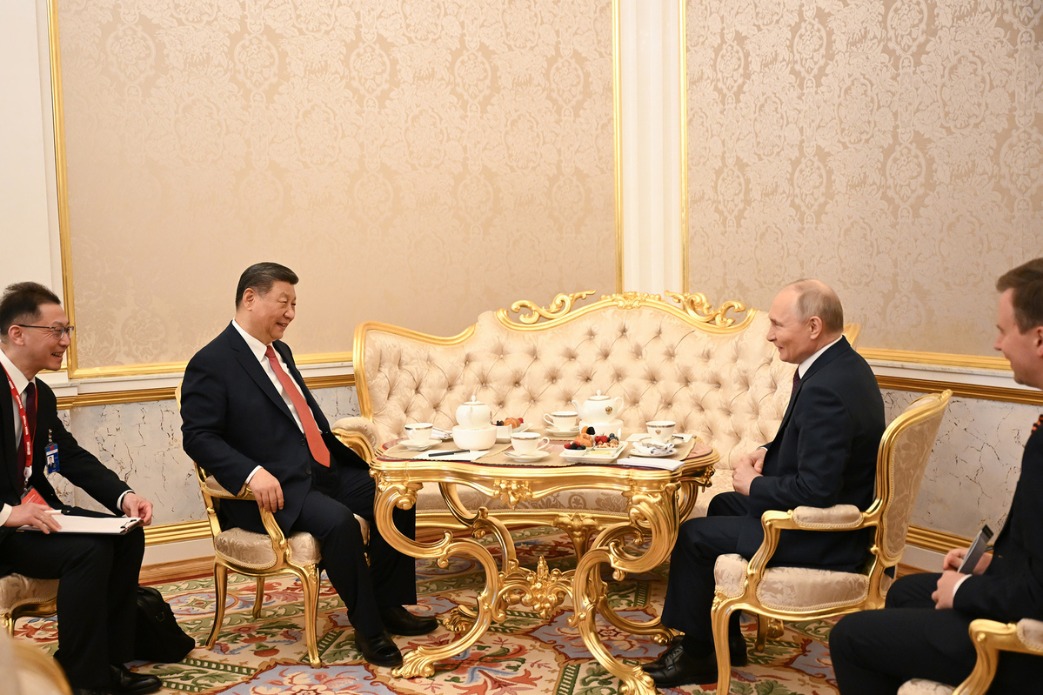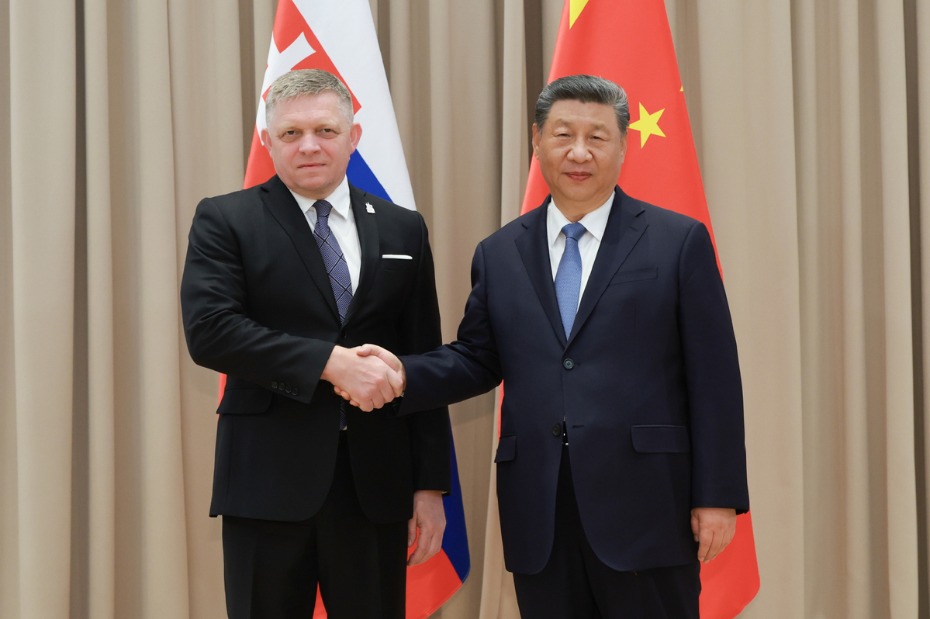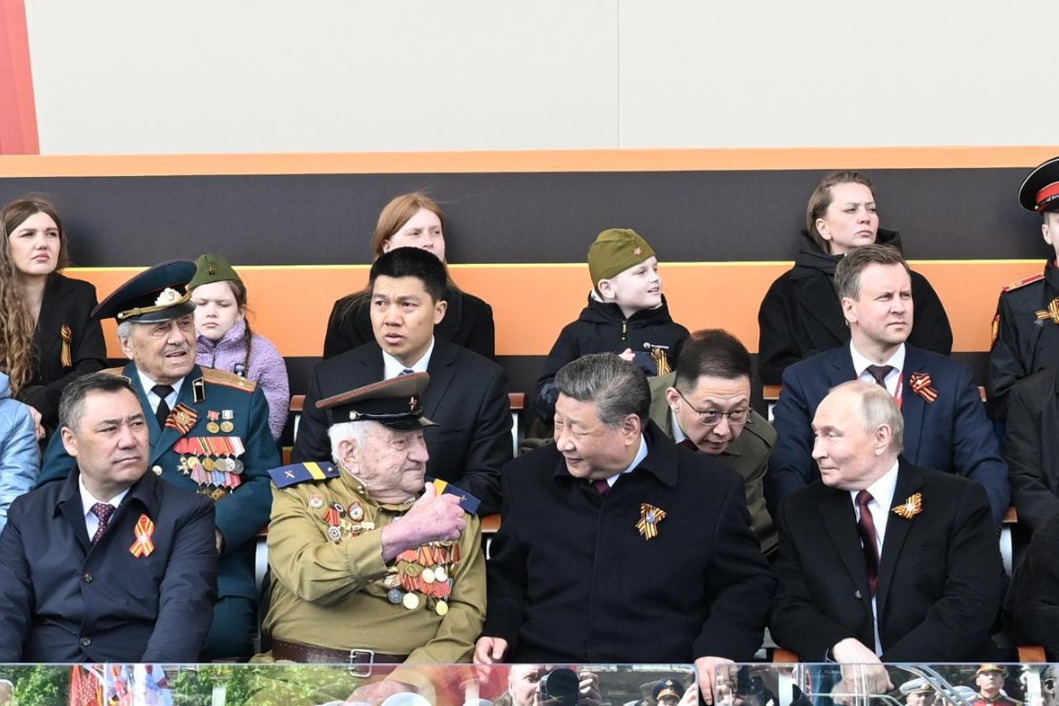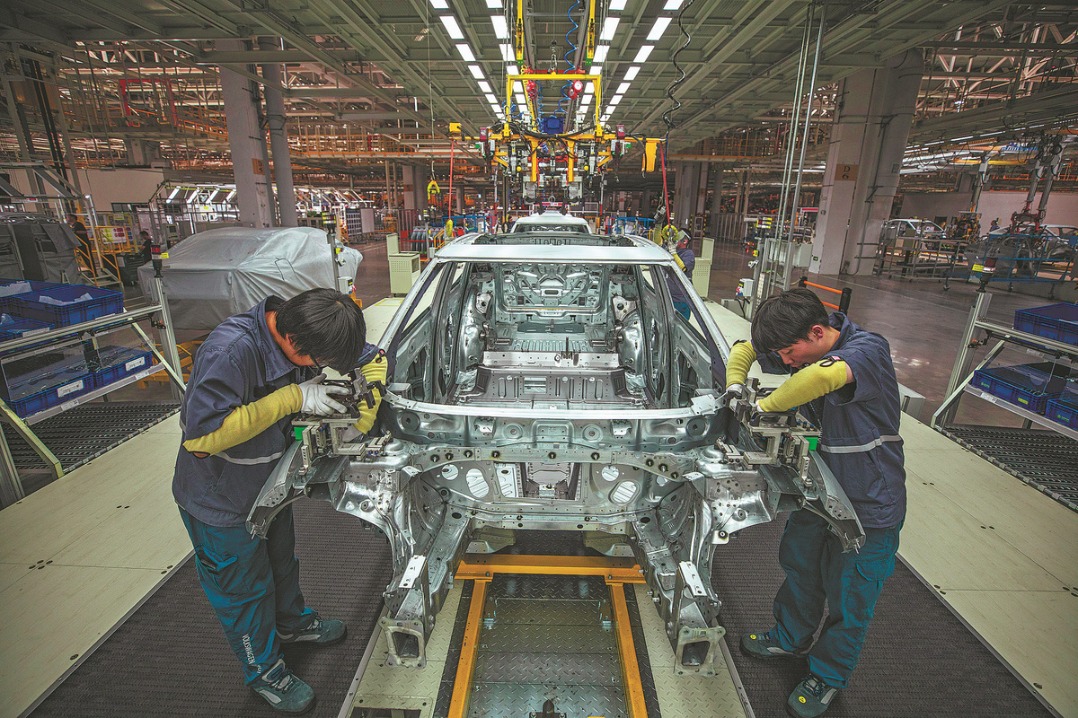The truth about Xinjiang has always been crystal clear


While the people of northwest China's Xinjiang Uygur autonomous region live a life of unity, prosperity and security, certain Western media outlets and countries continue tarnishing the region's image with sensational and groundless labels like "forced labor."
The BBC just released reports related to Xinjiang cotton and tomatoes, alleging the use of "forced labor" in their production in the vast region, where the climate is ideal for the two crops. It should be noted that this international media outlet has a notorious record of producing egregious reports on Xinjiang to slander China.
Among its reports, an hourlong video featuring ominous background music alleges that "'Italian' tomato purees sold by several UK supermarkets appear to contain tomatoes grown and picked in China using forced labour." However, the so-called investigative report is full of distorted facts and bias, tantamount to clickbait.
It claims, for example, that 17 products, most of them sold by British and German retailers, are likely to contain Chinese tomatoes, yet it also admits that all the supermarkets whose products the BBC tested dispute its findings. Its translation of a partial sentence from a county document said that local officials are told those who do not do well should be punished. But when read in full, the sentence means that the local government called on enterprises to actively explore management mechanisms tailored to the conditions of local workers so that those who do well will be rewarded and praised, while those who do not do well may be criticized or punished. It is normal among all companies to use efficiency-based management systems, and by isolating the negative aspect of this sentence, the report reveals its bias.
The video also slanders a Xinjiang company's "fanghuiju" practice, claiming that it is linked to "forced labor." "Fanghuiju" is a Chinese term that combines three concepts: visiting, benefiting, and rallying. It refers to an initiative by the local government to visit residents in their homes. During these visits, officials listen to residents' complaints and work to improve their livelihoods, ultimately aiming to gather public support. The company personnel visited farming homes to establish their needs and help solve their problems.
Word tampering is ubiquitous in the report. In one case where the original Chinese words mean "may be seen as using extreme words or acts," the BBC translated them to "labelled extremists."
Among the people interviewed for the story was Adrian Zenz, a known anti-China figure from Germany who is a member of a far-right political group. His so-called research on Xinjiang lacks any credibility.
Netizens are also seeing through the BBC report. "BBC Opinion: As a Xinjiang local, you have no rights to work there," a netizen wrote under the username Garphy22.
"I work in an office in the UK, and after seeing the BBC evidence I now realise that I too am the victim of forced labour," another comment reads.
There is no "forced labor" in Xinjiang. The tomato and cotton farming processes in Xinjiang have been largely mechanized. The efficiency of mechanized picking is much higher than that of labor, and the costs are much lower. Taking this into account, why would picking be carried out by "forced labor"?
Xinjiang is the country's largest tomato production base, and one of the world's three core tomato producing areas. By 2023, the comprehensive tomato processing, planting and harvesting mechanization level in Xinjiang had reached 98.5 percent.
The tomato industry is a good example of win-win cooperation between Xinjiang and other locations. The region has long been purchasing and using tomato harvesting machines from European countries. With high quality and cost advantages, Xinjiang tomatoes are popular worldwide. European enterprises also have investments in the Xinjiang tomato industry.
The negative narratives about Xinjiang over recent years are nothing but a political tool by certain Western countries to destabilize the autonomous region and slander China as a whole.
It is certain that their purposes will never be realized. The truth about Xinjiang has always been crystal clear. Xinjiang has maintained social stability and achieved significant economic development. People of all ethnic groups across the region now enjoy a greater sense of fulfillment and happiness.
Instead of wasting resources on spreading misinformation about Xinjiang, Western media should do meaningful work to promote human rights globally by contributing to boosting cooperation and allowing the fruits of development to be shared by all.
















